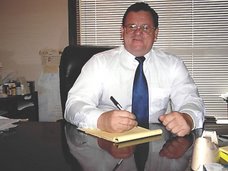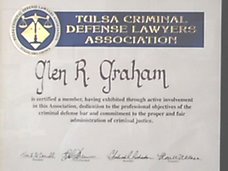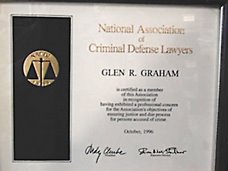In a recent story in the news, from the National Law Journal, story about jurors taking medications, is about some jury consultants and lawyers now asking some general medical questions to potential jurors:
“Please raise your hand when you answer the following question, and we will ask the court to allow you to discuss this matter privately in a side bar ---- Is there anyone on this jury who is taking any medications which might affect their jury service, please raise your hand?
It has been argued that this could be controversial due to the privacy provisions of various federal laws dealing with confidential health matters. The Federal Health Insurance Portability and Accountability Act limits questions about private health matters and there are legitimate concerns about maintaining individual rights to privacy. Seldom do lawyers object on behalf of juror’s rights to privacy and usually the issue is over-looked.
The National Law Journal articles speculates that over 50 per cent of the potential jurors are prescribed some kind of medication and that the many people over 40 years of age are on some kind of medication.
The article says that at a recent Florida Bar annual conference, at a session entitled "Juiced Jurors," SunWolf, an associate professor at Santa Clara University, passed around full-page drug ads torn from magazines listing a myriad of side effects for such drugs as Viagra, Claritin and Valium. The side effects can interfere with a jurors' ability to sit and concentrate during long trials, it quotes SunWolf. She urged lawyers to use the information to bounce jurors.
Some jury consultants consider it controversial to ask about medications because it could result in the elimination of too many potential jurors and can result in some jurors withholding information and other jurors using it as an excuse not to serve.
Some lawyers consider using the medication question targeted at jurors they don’t want to serve as jurors.
Ann Reed, trial lawyer who writes a blog, Jury Deliberations Blog, shies away from asking jurors about medications because too many jurors would be excused or use it as an excuse not to serve.
In various appeals around the country, the issue of juror use of medications continues to be raised as an error, but it is usually unsuccessful. In a 2007 Cleveland murder case, a juror was excused after it came to light that he was not taking his medication for mental illness and he fell asleep. See: Ohio v. Lorenzo Collins, No. CR-06-482881-A (Cuyahoga Co. Ct. of Common Pleas 2007).
In a Georgia murder case, the defendant argued on appeal that the verdict should be overturned partially because one of the jurors was asleep during the trial. The trial court declined to excuse the juror or ask what medication was taking. The Georgia Supreme Court upheld the conviction in Smith v. State, No. SO8A0018 (Sup. Ct. Ga.).
In a 2003 Michigan case, a defendant’s conviction for possession of marijuana was upheld despite a complaint that a juror failed to disclose that she need anxiety medication and a police officer was sent to retrieve it during the trial. The failure of defense lawyers to request a mistrial was held to have waived the error, if any. See, Michigan v. Bradley Scott Lasco, No. 239278 (Mich. Ct. of Appeals).
Yours in the Defense of Fellow Human Beings,
Glen R. Graham, Tulsa Criminal Defense Lawyer, Tulsa, Oklahoma
My Profile: http://www.glenrgraham.com
Jury Voir Dire Question About Medications
Subscribe to:
Post Comments (Atom)






No comments:
Post a Comment